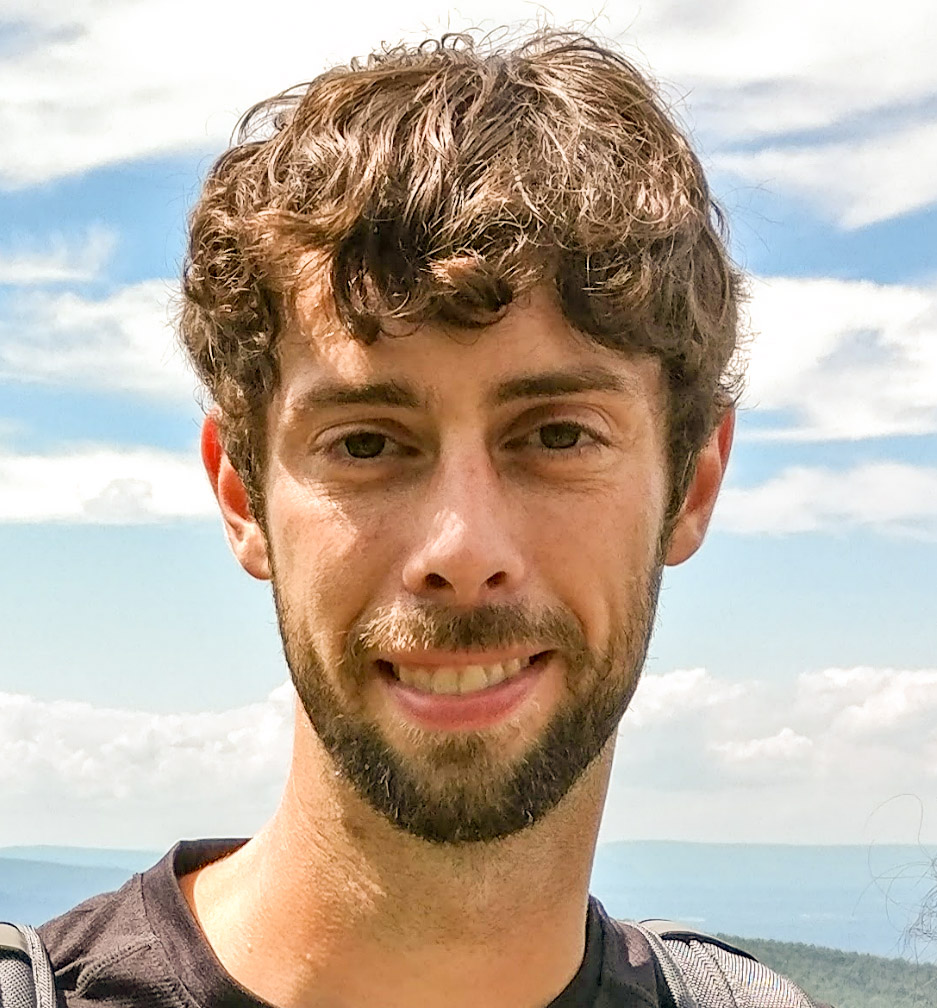Chris Baily was interviewed on the Zapier Blog about how he defines productivity:
The biggest misconception is that productivity is about getting more done. The reason we have that misconception is because there usually aren’t enough hours in the day to do all we want to get done.
Baily goes on to discuss how technology, mindfulness, and habits impact our productivity.
Defining Productivity
How many times have you felt guilty because you slept in, got lost in a new book/TV Show/podcast, or simply had a lazy Sunday? It is important to look at how we intended to spend our time to determine if we were productive. Sometimes that day of relaxation enables us to be more productive in a few days because we are well rested and not burned out. Baily provides a great example of productivity:
If our intention is to empty our email inbox, write a report, and update our budget in Excel, and we do, I would argue that we’re perfectly productive. The same is true if we intend to rest and unwind on a beach with a piña colada, soak in the sun, or drink coffee all day. If that’s our intention and we do that, we’re perfectly productive.
Technology is a Tool, Not Productivity
When evaluating an instructional technology tool for the classroom I ask myself: does this technology allow students to do something they weren’t able to do before without the technology? If not, there might now be an intentional purpose for the use of the tool. Baily discusses this as well when he talks about how technology can be distracting or over complicate a process:
There are some people who use technology to become more productive, and there are some people who are more distracted by it. I think the difference is whether we use technology with deliberateness and intention, and whether we take control of it.
